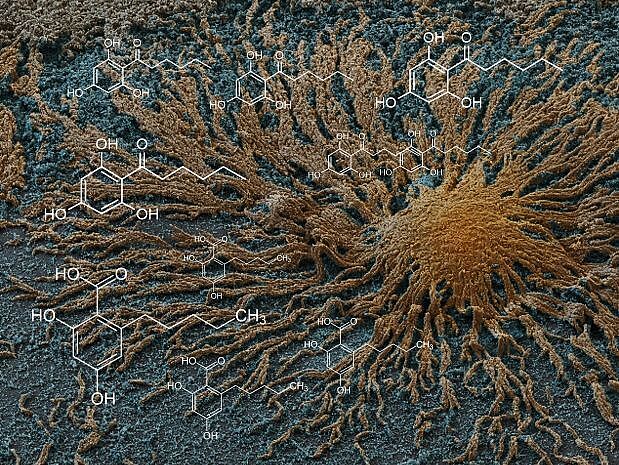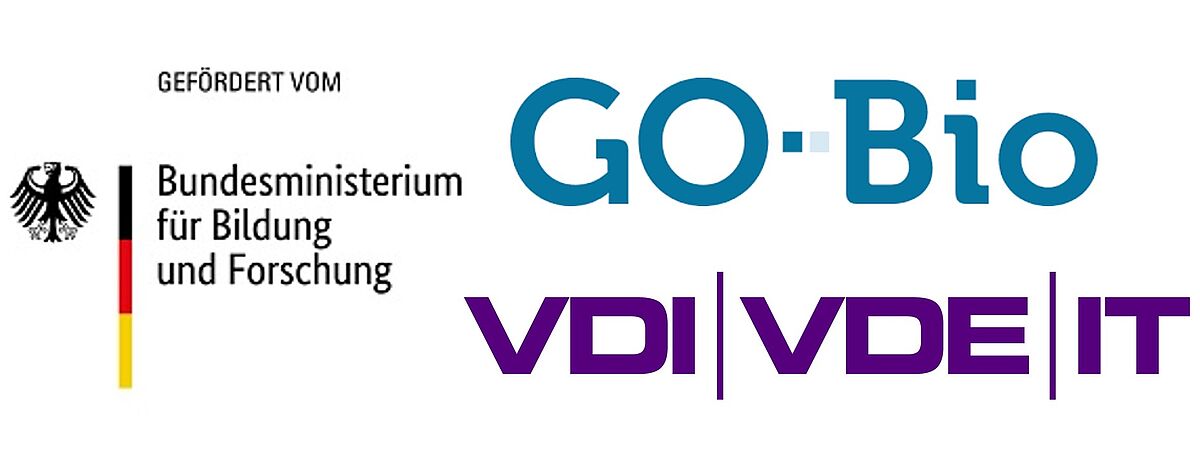Complex molecules from plants, known as phytochemicals, form the basis of numerous medicinal compounds. Extracting such Active Pharmaceutical Ingredients (APIs) directly from plants for subsequent human applications is currently technologically challenging. Simultaneously, the molecules are too complex and not economically feasible to produce through chemical synthesis. Through synthetic biology, the goal is to create an API-producing cell of the amoeba Dictyostelium discoideum, as a technical prerequisite for the production of highly pure, medically applicable plant-derived compounds.
The project focuses on APIs with significant economic and pharmaceutical potential, particularly cannabinoids like CBD and THC, whose production as pure substances is highly cost-intensive with current methods. Dictyostelium, being a natural producer of signaling molecules, possesses excellent biochemical conditions for this purpose.
The project is divided into four main areas of work, three of which involve biotechnological steps, while the fourth focuses on the strategic development of the project and regulatory requirements for biotechnological production. The work plan includes the molecular construction of the cell through gene transfer of synthetically produced plant genes, as well as the development of a bioprocess for the controlled cultivation of cells on a pre-industrial scale. These tasks are currently being addressed at Hochschule Wismar in collaboration with partners at the University of Bielefeld. Following the feasibility phase, the plan involves securing intellectual property rights for the process and aiming for economic exploitation.

